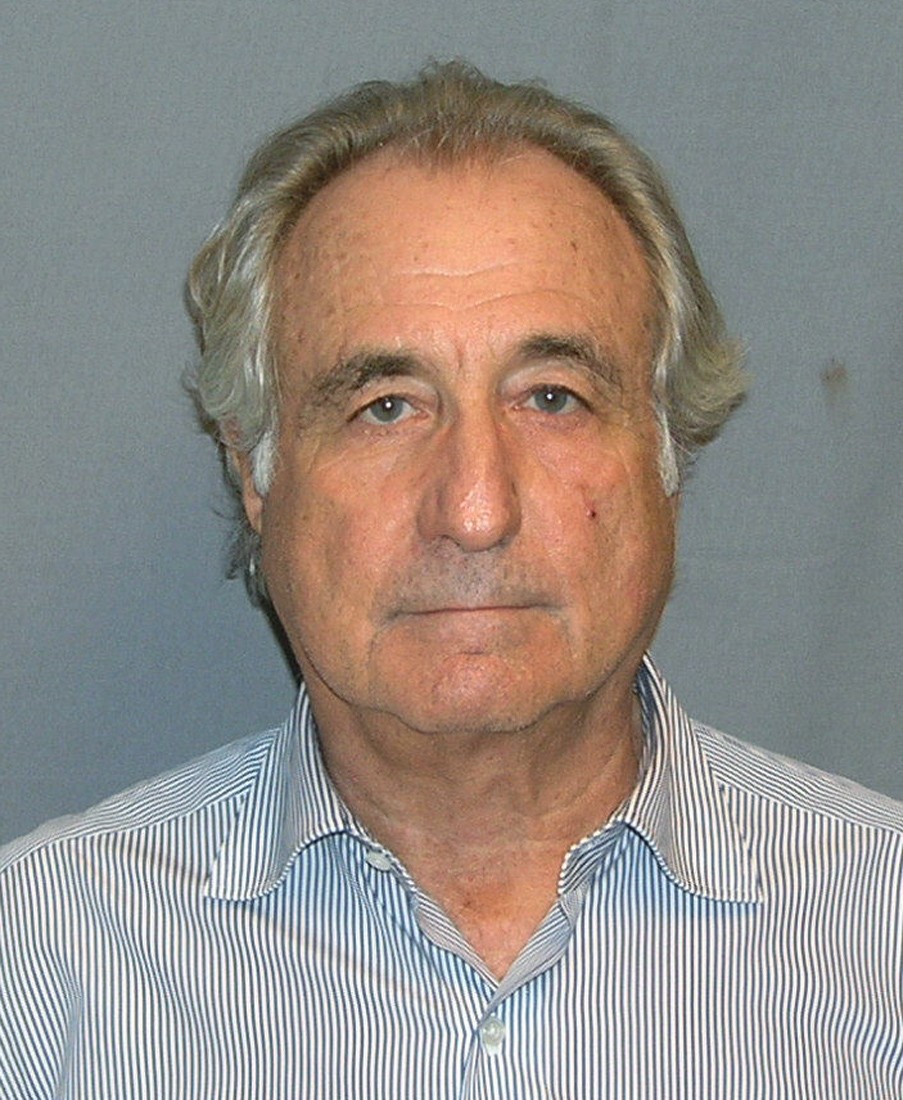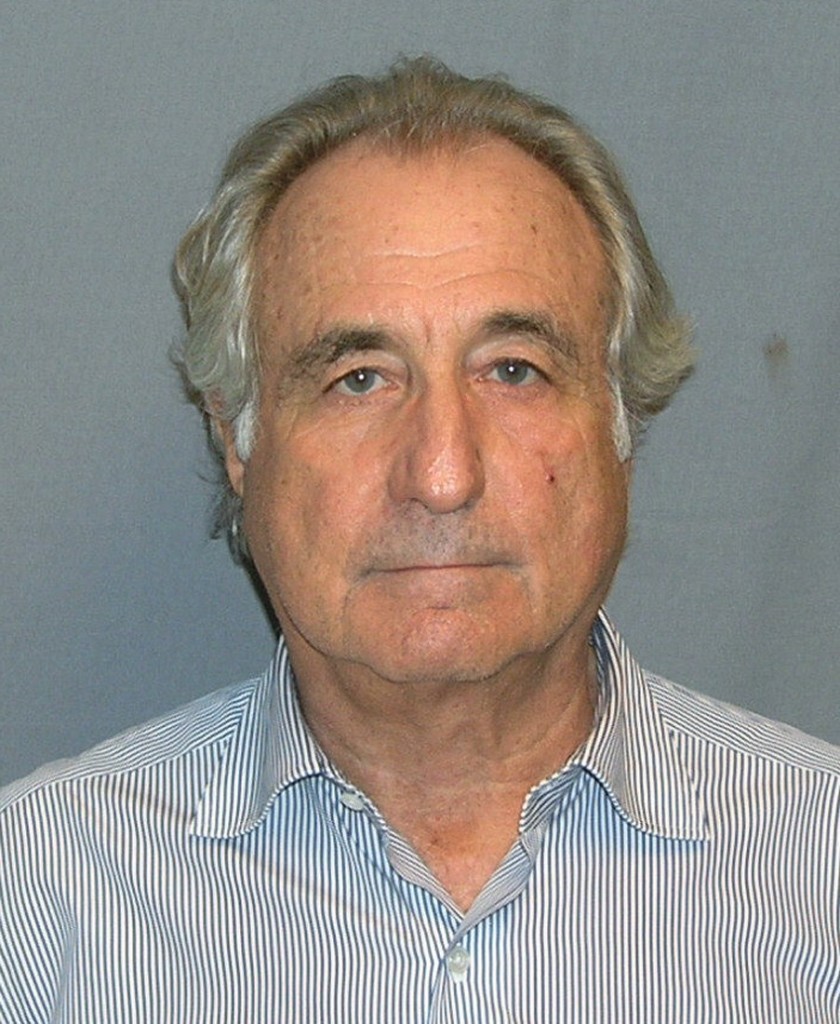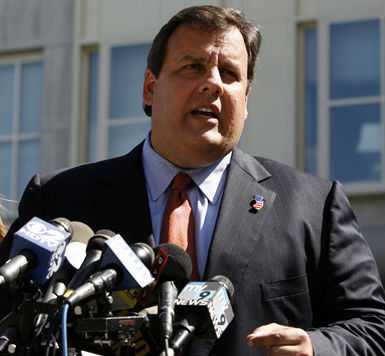When the Providence Journal initially asked to see records relating to hedge fund investments by Rhode Island’s pension system, they were surprised that their request was promptly granted.
But they soon found out why: the documents were heavily redacted, and much of the information journalists were looking for—manager compensation, as well as risk and investment strategies of the funds—was blacked out.
So the newspaper filed a complaint against the Attorney General’s office in hopes of receiving access to the full, uncensored documents. The request was denied Thursday. From the Providence Journal:
Attorney General Peter Kilmartin’s office has ruled against The Providence Journal in a long-running dispute over records related to the state pension system’s investment in hedge funds.
The Journal initially sought the records from General Treasurer Gina Raimondo’s office. After that office provided heavily redacted documents, the newspaper appealed to Kilmartin’s office.
Assistant Attorney Gen. Michael Field, in a decision released last week, rejected The Journal’s appeal, which focused on a section of the state’s Access to Public Records law that says records presented and discussed at a public meeting are always public.
Field hung his decision, in large part, on an interpretation of “the plain language and meaning of the word ‘submitted.’”
The ruling stems from a complaint The Journal filed after Raimondo’s office refused to make public, in full, the “due diligence reports” that the state’s investment adviser, Cliffwater LLC, prepared prior to the state’s investment in three hedge funds: Third Point Partners, Elliott Associates and Mason Capital.
The Providence Journal claims that the documents should legally be available under the state’s Access to Public Records Act. That law states that records presented and discussed at public meetings are available to the public upon request. The Journal claims that the documents were discussed at an open meeting of the State Investment Commission. More from the Providence Journal:
The complaint stemmed from an April 14, 2013, request by then-Journal reporter Michael Stanton to the treasurer’s office for investment and due-diligence reports that Cliffwater prepared and presented to the State Investment Commission, chaired by Raimondo, on 19 hedge funds.
He also requested a copy of the PowerPoint presentation that the Point Judith Venture Fund II, created by a firm cofounded by Raimondo before she took office, presented to the investment commission in the lead-up to a $5-million state investment.
The Journal argued that: “All of the documents Stanton requested were presented in full at public meetings of the [State Investment Commission] and are referenced in meeting minutes and tape recordings.”
Raimondo’s office provided heavily redacted copies of the records, asserting that the redacted portions of the records contained information deemed confidential, [proprietary] and/or trade secrets.”
The Journal released a statement that said the media, as well as citizens, have “a vital interest in knowing how the pension fund investments made by the [State Investment Commission] are performing and what those investments cost. Without access to specific information about the performance and fees of hedge funds, which make up nearly 15 percent of the portfolio, neither The Journal nor the public can evaluate those investments.”
Photo by JohnnyMrNinja via Flickr CC License











